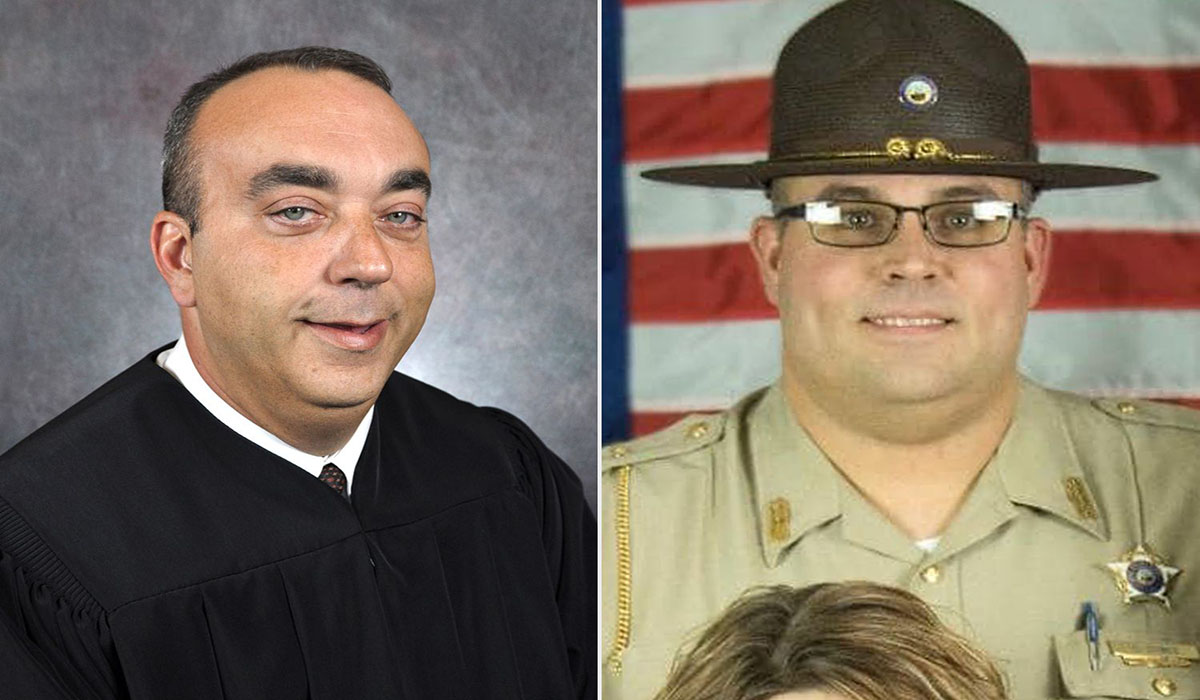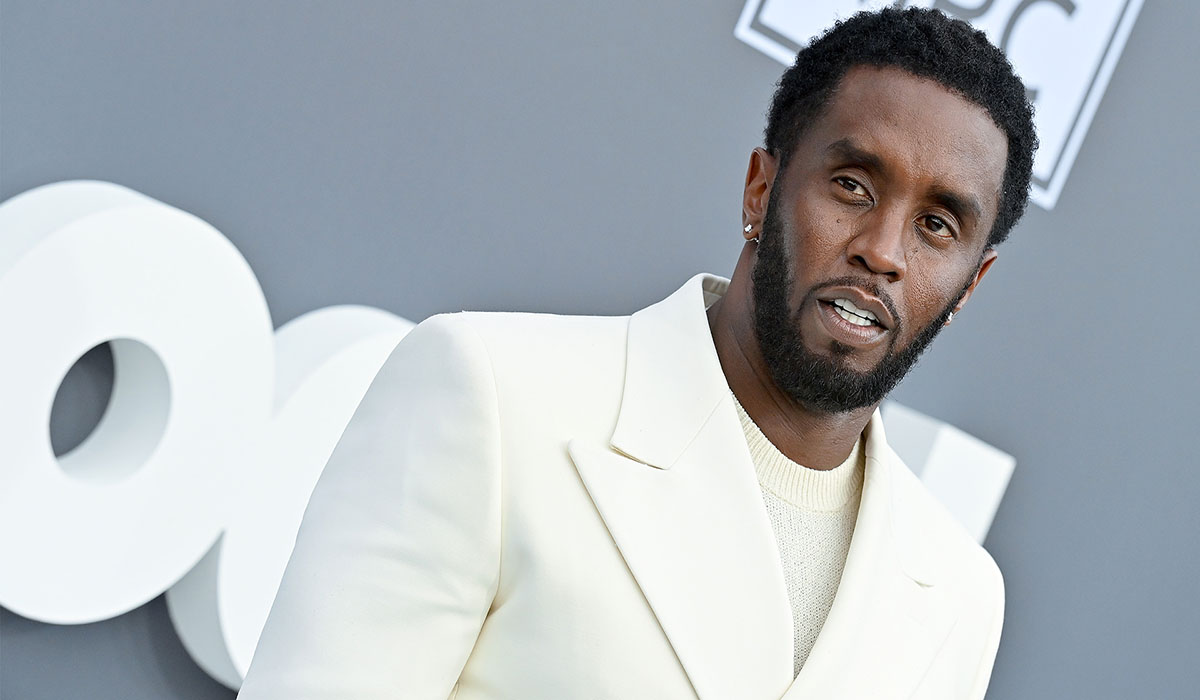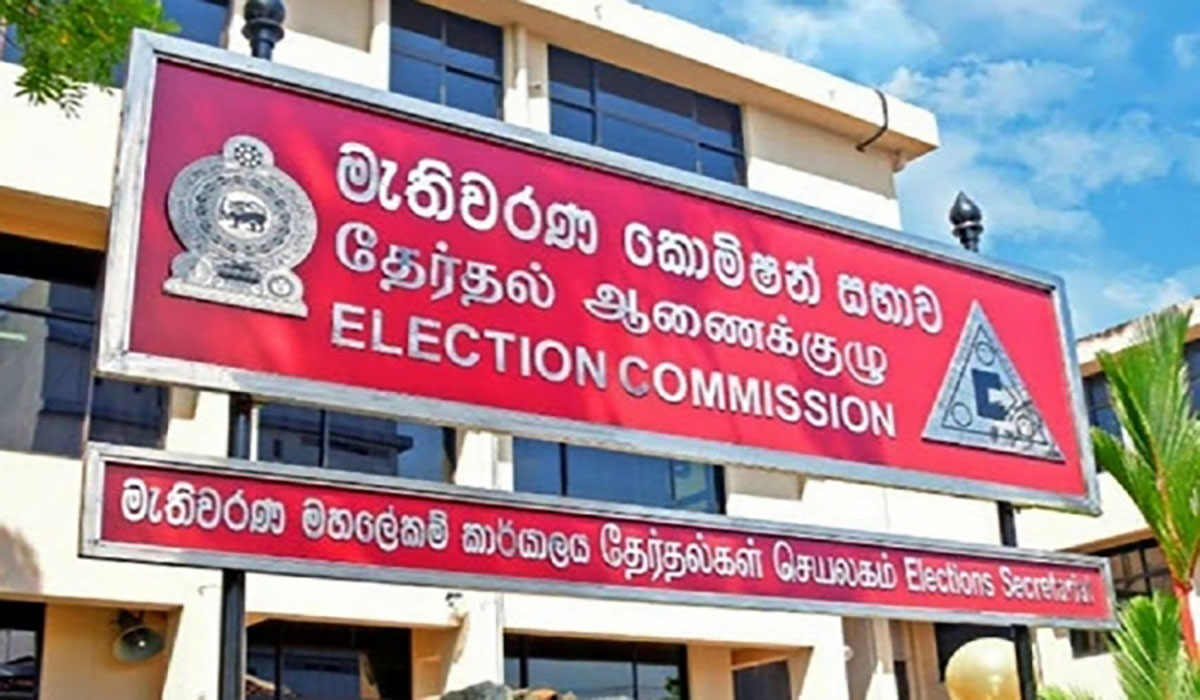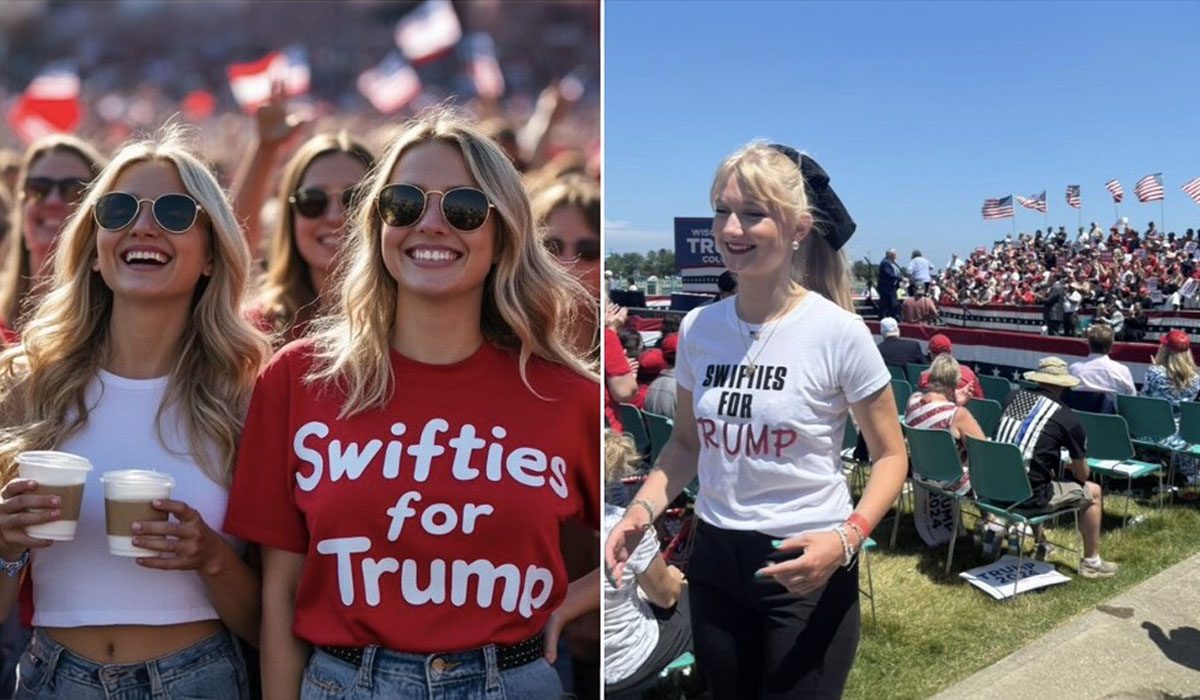While addressing a political rally at Butler, Pennsylvania on the evening of July 14, 2024, presumptive Republican presidential candidate, Donald Trump was shot at by a gunman. A bullet grazed the former president’s right ear but avoided causing any serious damage. According to news reports, Trump was later released from a local healthcare facility. The alleged gunman has been identified as a Pennsylvania resident in his twenties.
This is the first time a president or a former president faced an assassination attempt in the United States since an attempt on the life of President Ronald Reagan on March 30, 1981, in Washington DC.
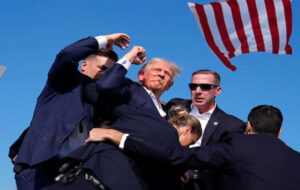 Though gun violence has been common in the US, political violence has started to raise its ugly head for the last several years. Ironically, from the start of his 2016 campaign through his term in office and up to now, Trump has become infamous for using inflammatory language that critics argue could contribute to a charged atmosphere conducive to violence.
Though gun violence has been common in the US, political violence has started to raise its ugly head for the last several years. Ironically, from the start of his 2016 campaign through his term in office and up to now, Trump has become infamous for using inflammatory language that critics argue could contribute to a charged atmosphere conducive to violence.
One notable example was his repeated characterization of media outlets as “fake news” and labelling journalists as the “enemy of the people.” Such rhetoric could encourage hostility towards journalists, undermining press freedom and potentially inciting violence against members of the media.
Trump’s rallies and speeches were also marked by provocative statements about his political opponents, sometimes suggesting aggressive actions or using derogatory nicknames. His supporters often echoed these sentiments, leading to confrontations at rallies and heightened tensions between political factions. The January 6, 2021, Capitol riot, where supporters of Trump stormed the Capitol building to overturn the results of the 2020 election, further intensified debates about the consequences of such rhetoric.
Meanwhile, some top allies of Donald Trump quickly accused President Biden and his supporters of using rhetoric that led to this incident even as Biden condemned the attack and called on the nation to unite against political violence.
Ultimately, Trump’s rhetoric regarding political violence remains a contentious issue, illustrating the broader challenges of maintaining civil discourse and democratic norms in a polarized political landscape. His presidency underscored the profound impact that political leaders’ words can have on public sentiment and behavior, emphasizing the importance of responsible communication and leadership in safeguarding democratic institutions.


